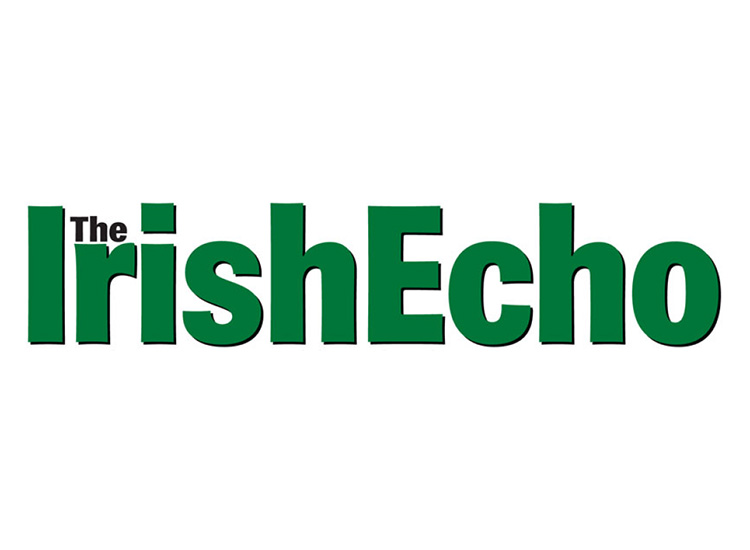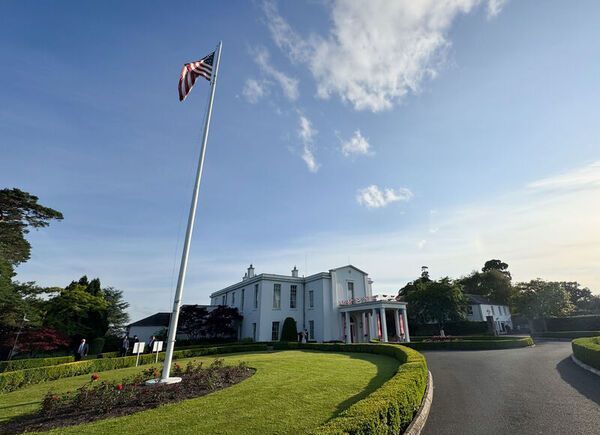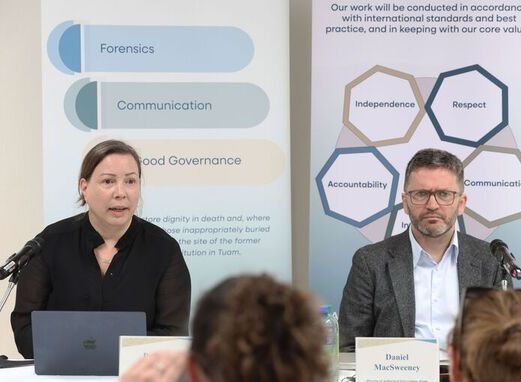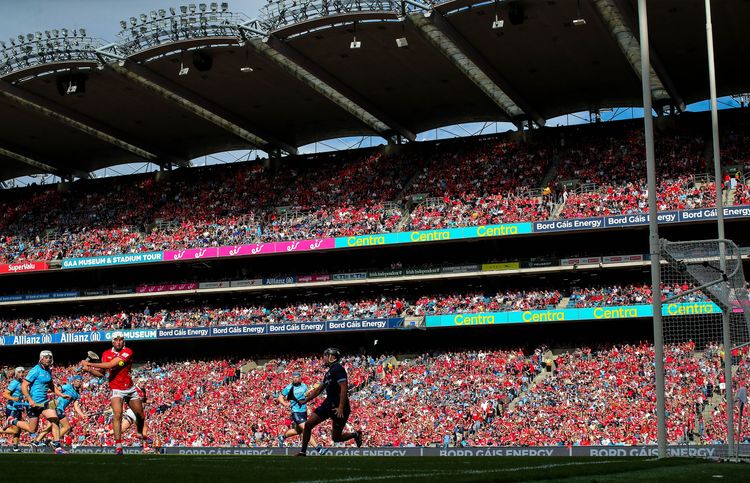A Curlew is an increasingly rare sight in Ireland
By Ray O’Hanlon
Critters don’t vote. But what if they did?
Well, if the flora and fauna of Ireland had a say in the upcoming general election the prospect for all the parties would be less than good.
More like grim in fact.
Ireland’s natural beauty is known and appreciated the world over. But upon closer inspection Ireland’s natural bounty is found wanting. That’s because it has been neglected, plowed under, paved over, plundered, ignored, given the short end of a withered stick.
As with much of the rest of the world the pace of natural degradation in Ireland is gathering pace as the population expands.
Population is always a tricky issue. More people is generally a good thing for an economy. But it’s not always good for a natural environment.
Often it is not simply a matter of human numbers, but rather human behavior. We only have to take a gander at the wider world to remind ourselves that humanity repeatedly comes up short with regard to how we treat our fellow human beings, and the creatures that share the planet with us.
Ireland, on a global comparison scale, is far from being the worst when it comes to treatment of the natural environment. But it’s a fair ways from being the best too.
By way of example, two thirds of Ireland’s regularly occurring bird species are now red or amber listed birds of conservation concern, this according to the BirdWatch Ireland Birds of Conservation Concern List 2014-2019.
BirdWatch Ireland is comprised of people who bird watch, and watch out for birds and other creatures.
According to BirdWatch, the Curlew, to name but one species, has declined by ninety seven percent in thirty years and other breeding waders, such as the Lapwing, continue to disappear. One third of wild bee species are threatened with extinction in Ireland. There’s been a forty percent decline in water bird species in less than twenty years. Eight five percent of EU protected habitats are in an unfavorable condition. Seventy percent of these habitats are negatively impacted by agriculture. Only one-third of hedgerows surveyed are in good ecological condition. River and estuarine water quality is declining. Overfishing continues to deplete fish stocks and other wildlife. Habitat destruction and fragmentation, pollution and other human-induced factors, are the main reasons for degradation and the impacts will be exacerbated by climate change.
The Irish government, to be fair, is trying to save the iconic Curlew by way of a Curlew Task Force. But it might be too late. Ireland is in danger of becoming the first EU country to lose the Curlew to extinction.
With this and more in mind, Birdwatch Ireland has published a pre-election “Manifesto for Nature.” This is described as “a set of proposals for the next government to restore nature in Ireland, to address declines in bird species, other wildlife and habitats, and to tackle climate change.”
BirdWatch Ireland, said a release, “calls on members of the public to put the issues of biodiversity loss and climate change front and centre with general election candidates.”
Oonagh Duggan is BirdWatch Ireland’s Assistant Head of Advocacy.
She states: “Biodiversity in Ireland is in A&E (Accident and Emergency) and it needs the full backing of political parties and the public to work together to halt and reverse the declines in species and habitats.”
"We call on the government to establish a sound pathway to halt and reverse biodiversity loss and restore nature, deliver robust climate action, develop a new food and agriculture policy, and to protect our seas for nature and people. We have no time to lose."
BirdWatch Ireland has called on all political parties to commit to immediately establishing the Citizens’ Assembly to address biodiversity loss as per a Dáil decision in May, 2019.
“We cannot delay any further and we must act together to save nature in Ireland and in a way that sets us on the path to address biodiversity loss,” the organization said in a statement.
It wants to see, by 2030, thirty percent of Ireland’s land and seas protected for nature and others areas naturally restored.
“Nature can help us with climate action but for too long it has been ignored. Peatland, woodland and grassland restoration in particular would bring climate and nature dividends making them a win-win,” said Birdwatch.
Oonagh Duggan took note of the recent World Economic Forum in Davos, Switzerland.
“This forum of business people, economists and politicians has listed Biodiversity loss in its top five impacts and risks globally for the coming decade. It really is time for Ireland to reset its relationship with nature for its own intrinsic value and for people.
“People need nature and we are part of it. We love hearing bird song, seeing wildflowers, walking by the sea and in woods. It’s good for our mental health. We depend on it for food, fiber, and to regulate air, water and climate. It is our life support system and we must support it now too.”
Indeed.
There’s an online ad for Aer Lingus currently doing its bit for the carrier and its country.
There are the usual images of magnificent scenery, a guy surfing, people enjoying themselves in a pub.
Then there’s a clip of a Puffin cowering in its burrow.
Puffins rank very high on the avian cuteness scale; very high indeed.
They also rank very high on the global endangered list.
No wonder the poor thing looks, well, concerned.









